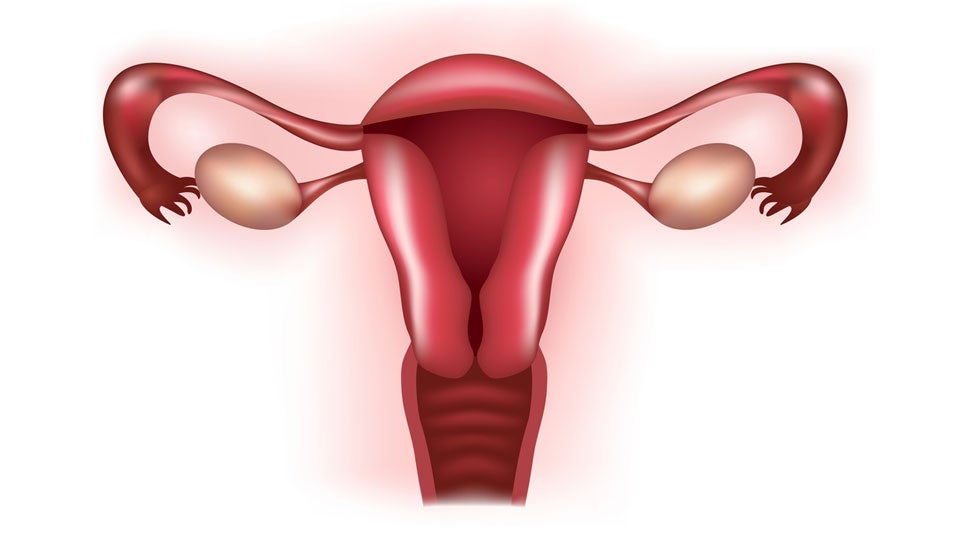
Having a big belly means big trouble when it comes to your health, researchers warn.
They analyzed data from 11 studies that included more than 600,000 people worldwide and found that people with large waist circumferences were at increased risk of dying younger and dying from conditions such as heart disease, lung problems and cancer.
Men with waists of 43 inches or more had a 50 percent higher risk of death than those with waists less than 35 inches. This equated to a three-year lower life expectancy after age 40, according to the study.
Women with waists of 37 inches or more had an 80 percent higher risk of death than those with waists of 27 inches or less, which equated to a five-year lower life expectancy after age 40.
The larger the waist, the greater the risk, the researchers said. For every 2 inches of increased waist circumference, the risk of death increased 7 percent in men and 9 percent in women, according to the study, which was published in the March issue of the journal Mayo Clinic Proceedings.
Although the review found an association between larger waist size and risk of death at a younger age, it didn’t prove a cause-and-effect relationship.
The link between a big belly and increased risk of death was seen even among people whose body-mass index (BMI) was within the healthy range, the researchers found. BMI is an estimate of body fat based on height and weight.
“BMI is not a perfect measure,” study lead author Dr. James Cerhan, an epidemiologist at the Mayo Clinic, said in a journal news release. “It doesn’t discriminate lean mass from fat mass, and it also doesn’t say anything about where your weight is located. We worry about that because extra fat in your belly has a metabolic profile that is associated with diseases such as diabetes and heart disease.”
When assessing patients, doctors need to consider both waist size and BMI.
“The primary goal should be preventing both a high BMI and a large waist circumference,” Cerhan said. “For those patients who have a large waist, trimming down even a few inches — through exercise and diet — could have important health benefits.”
Source: Web md


